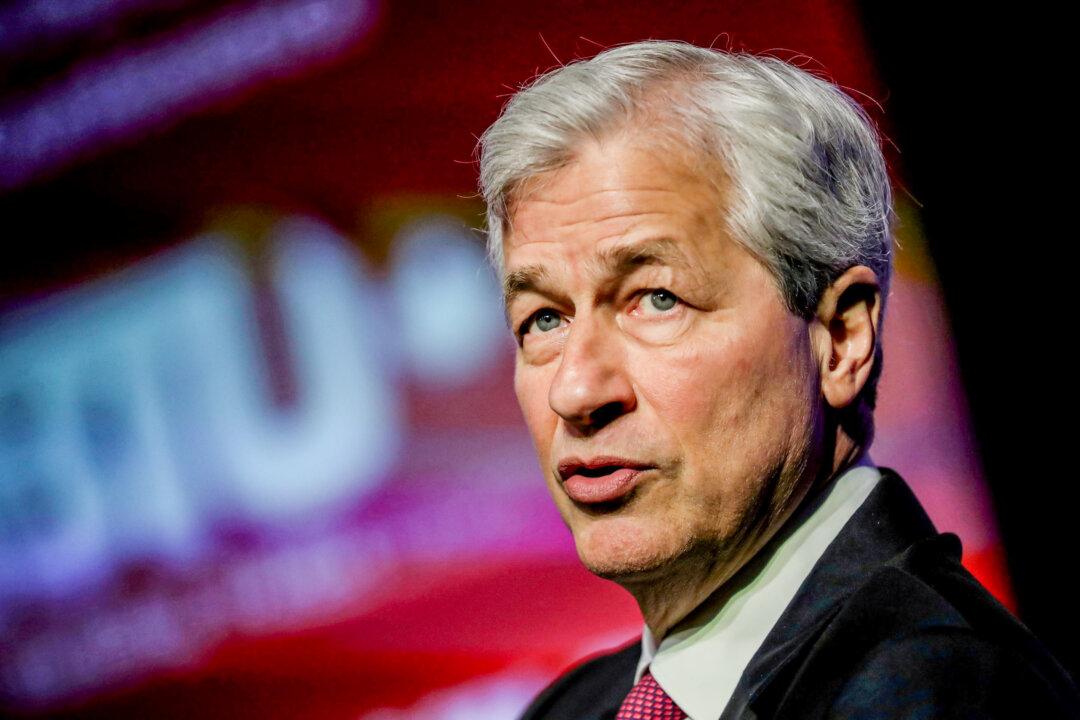The federal government’s new capital requirements on financial institutions could be “harmful” to the U.S. economy, CEOs of some of the largest banks in America told lawmakers on Capitol Hill.
Several Wall Street executives, including JPMorgan Chase CEO Jamie Dimon, warned the Senate Banking Committee on Dec. 6 that capital mandates and a suite of other rules and regulations considered by regulators could negatively affect lending and capital markets, leading to trouble in the broader economic landscape.





